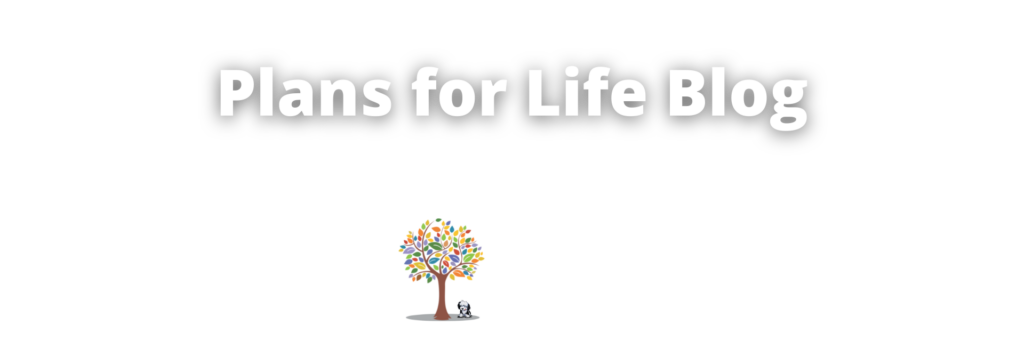Understanding Health Reimbursement Arrangements (HRAs): Eligibility, Application, and Benefits

Greetings,
Today, we focus on a pertinent healthcare financing tool: Health Reimbursement Arrangements (HRAs).
An HRA is an employer-funded plan that compensates employees for out-of-pocket medical expenses not encompassed by the company’s standard insurance plan. The funds provided are tax-free and solely contributed by the employer, not the employee.
Now, the question arises, who qualifies for an HRA?
Health Reimbursement Arrangements, much like Flexible Spending Accounts (FSAs), are benefits provided by employers. Consequently, an employee’s employer must include an HRA in their benefits package to be eligible.
The process of applying for an HRA is relatively straightforward. If your employer offers an HRA, you are typically enrolled automatically. The employer determines the contribution to the HRA each year.
Employees can file a claim to the HRA upon enrollment after incurring a qualifying healthcare expense. The employer then reimburses the employee up to their maximum allowance.
A significant advantage of HRAs over FSAs is that HRAs often permit unused amounts to roll over into the subsequent year. However, this provision depends on the particular arrangement established by the employer.
For comprehensive information on HRAs, FSAs, Health Savings Accounts (HSAs), and other health insurance topics, we encourage you to explore our range of resources available.
Please like, subscribe, and activate notifications for further insights into insurance matters.
For professional assistance or inquiries, do not hesitate to reach out to us at Plans for Life:
📞 Phone: 915-591-1957 💻 Website: www.plans4life.com 📍 Office: 806 Ange St., El Paso, TX 79902





